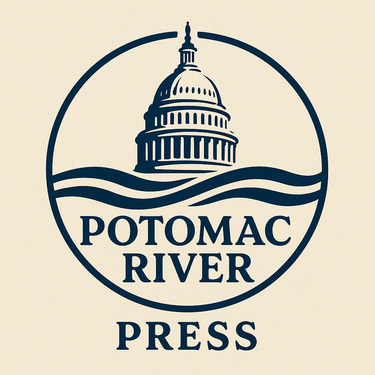Fiction vs. Non-Fiction: Exploring Reader Preferences in Political Issues
9/8/20252 min read


Introduction: The Intersection of Politics and Literature
The debate surrounding the preference for fiction or non-fiction when it comes to political issues has become increasingly pertinent in today's literary landscape. Readers are often confronted with a plethora of options, including political biographies, historical accounts, and fictional narratives that tackle contemporary societal challenges. This article delves into the distinct appeal of both genres and their relevance in shaping political discourse among readers.
The Allure of Fiction in Political Narratives
Fiction provides a unique platform for exploring intricate political themes through creative storytelling. Novels and stories, such as George Orwell’s "1984" and Margaret Atwood's "The Handmaid's Tale," serve as powerful illustrations of dystopian societies, raising awareness about the implications of oppressive regimes. Through character-driven plots, fiction invites readers to emotionally engage with political scenarios, often prompting them to reflect on similar issues in the real world.
The imaginative nature of fiction allows authors to transcend the constraints of factual representation, offering a space where possibilities and hypotheticals can thrive. In this way, fiction not only entertains but also serves as a poignant commentary on current political climates. For many readers, this blend of artistry and insight is far more compelling than straightforward factual accounts.
Non-Fiction: The Power of Realities and Facts
On the other hand, non-fiction literature presents an undeniable appeal grounded in truth and factual representation. Works such as "The Immortal Life of Henrietta Lacks" and "The New Jim Crow" offer in-depth analyses of historical events and ongoing social issues, providing readers with context and understanding that fiction may not fully convey. In today's world, where misinformation is rampant, the emphasis on solid facts and credible sources has given non-fiction an edge among readers seeking reliable information.
Moreover, non-fiction serves an educational purpose, equipping readers with the necessary knowledge to engage critically with political issues. Many individuals prefer non-fiction literature for its clarity and directness, finding it essential for informed participation in political discussions and activism.
Finding a Balance: Reader Preferences Today
The choice between fiction and non-fiction concerning political themes ultimately resonates on a personal level. While some readers are drawn to the imagined worlds of fiction, others find solace in the concrete realities presented through non-fiction. Notably, the distinction may also be influenced by current events; during politically turbulent times, readers may gravitate toward non-fiction for direct engagement with realities, while in calmer periods, the imaginative explorations offered by fiction may be more appealing.
In conclusion, the preference for fiction or non-fiction when addressing political issues varies greatly among readers. Each genre offers unique strengths, whether it be the evocative exploration of human experiences in fiction or the empirical grounding of non-fiction. Ultimately, the choice lies in the reader's personal connection to the content, showcasing the importance of both literary forms in shaping contemporary political conversations.
